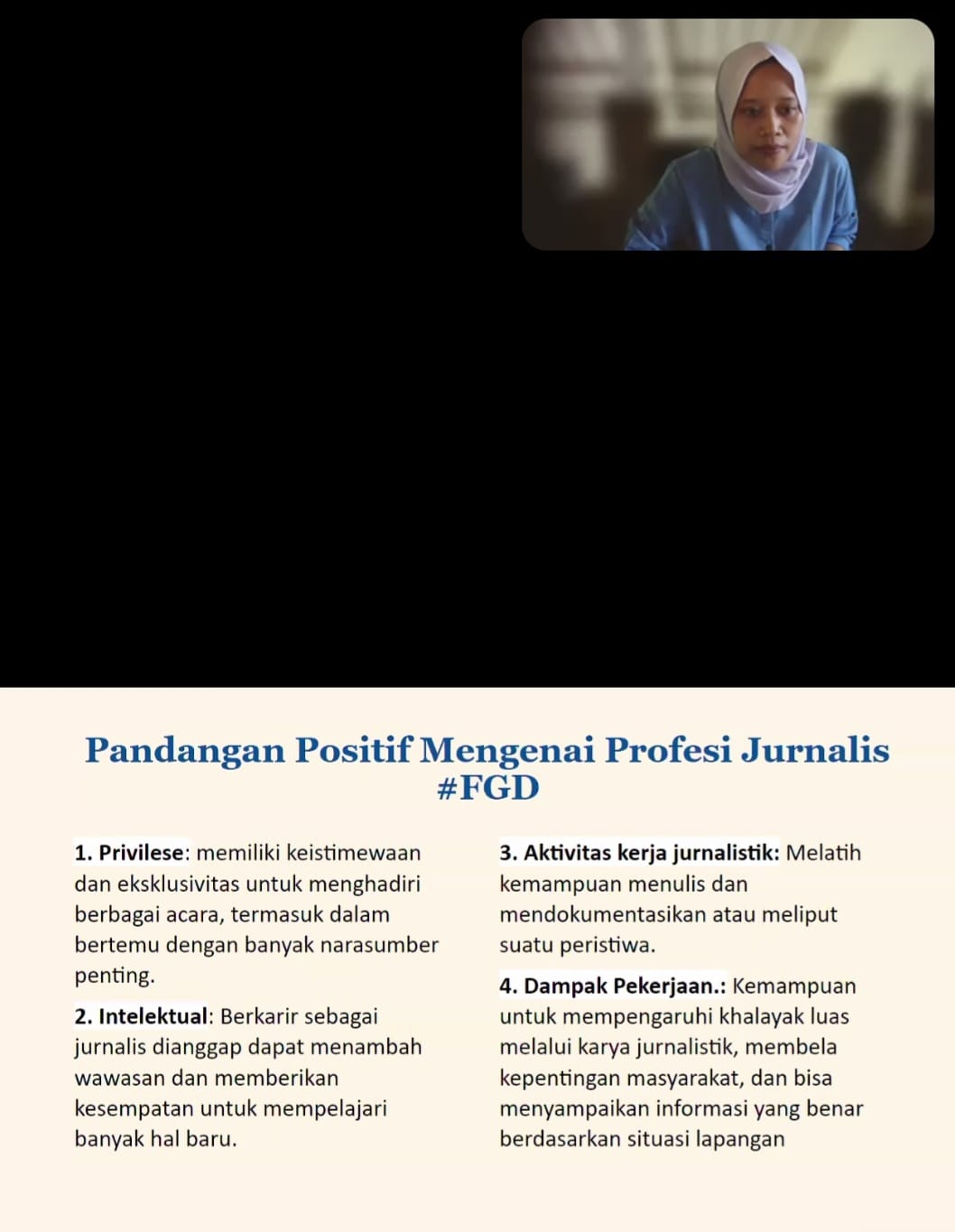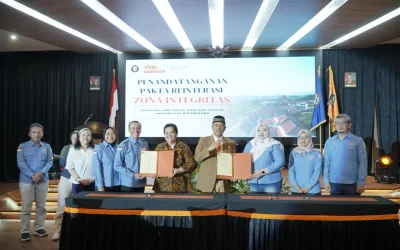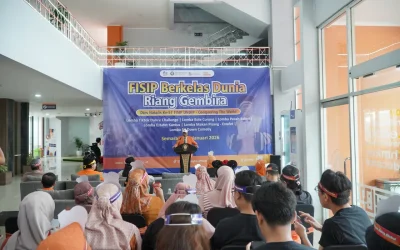Research conducted by Remotivi in collaboration with the Department of Communication Science at the University Indonesia and Universitas Diponegoro showed that 65% of male students and 63% of female students did not prioritize a journalism career as their main choice of work after graduating from college. The results of the research were discussed online via Zoom Meet, Saturday (10/7) with the title “Why are there so many Female Journalistic Students and Few Female Journalists? (Study on Perceptions and Interests of Male and Female Journalistic Students to Work in the Press Industry)” with the speakers were M. Heychael, MSi (Remotivi Researcher), Dr. Nurul Hasfi (Researcher, Undip Journalism Lecturer), Dr. Eriyanto (Researcher, Communication Science Lecturer at UI), and responder Evi Mariani MSc (Pempred Project Multatuli, Member of AJI for Gender, Children and Marginal Affairs) and Dr. Irwa R. Zarkasi (Dean of Fisip UAI/ASPIKOM).
This research was conducted on male and female undergraduate journalism students at four campuses, namely Universitas Gadjah Mada, Universitas Indonesia, Universitas Padjadjaran, Universitas Diponegoro by using the survey methods and Focus Group Discussion. The survey was conducted using the census method involving 222 respondents (65 males and 157 females) with a total response rate of 65.7%. In this research, it was found that although most college students did not prioritize journalism as a career, they considered journalistic work to have prestige (85.08%), to have a social impact (85.44%), and to be a profession with high idealism (72.24). %). In addition, although the journalism profession is considered to lack positive things such as networking privileges, intellectual development, and the ability to change circumstances, it is considered negative in the context of career ladder and salaries.
 On that occasion, Nurul Hasfi conveyed that in line with other findings of this study, female students tend to see the journalist profession as a profession which full of security risks and not yet friendly to women. The learning experiences in classes and internships had taught women the masculine values of the journalistic profession (full of risks, having a heavy workload, and so on).
On that occasion, Nurul Hasfi conveyed that in line with other findings of this study, female students tend to see the journalist profession as a profession which full of security risks and not yet friendly to women. The learning experiences in classes and internships had taught women the masculine values of the journalistic profession (full of risks, having a heavy workload, and so on).
“Positive views regarding the journalistic profession, the first one is the privilege, namely having the privilege and exclusivity to attend various events including meeting with many important sources. The second one is intellectual. It means that a journalist is considered to be able to add insight and provide opportunities to learn many things. The third one is that journalist’s work activities train the ability to write and document or cover an event. Furthermore, the impacts of their work are the ability to influence a wide audience through journalistic work, defends the interests of the community, and be able to convey the right information based on the situation on the field,” she said.
Meanwhile, Remotivi Researcher, Muhamad Heychael said that the reason why male and female college students did not prioritize the journalism careers was that the compensation received by journalists was not commensurate with the burden and risk of their work. According to Heychael, this data showed that the problem was the low appreciation and exploitative work culture in the media industry.
Remotivi is a study and monitoring institution that was formed in Jakarta in 2010. Its scope of work includes research, advocacy, and publishing.
The complete research report can be accessed via https://remotivi.or.id/penelitian/11/mengapa-ada-banyak-mahasiswi-jurnalistik-tetapi-sedikit-jurnalis-perempuan or bit.ly/ReportMahasiswiJurnalistik. (Linda Humas)
Source : undip.ac.id





0 Comments